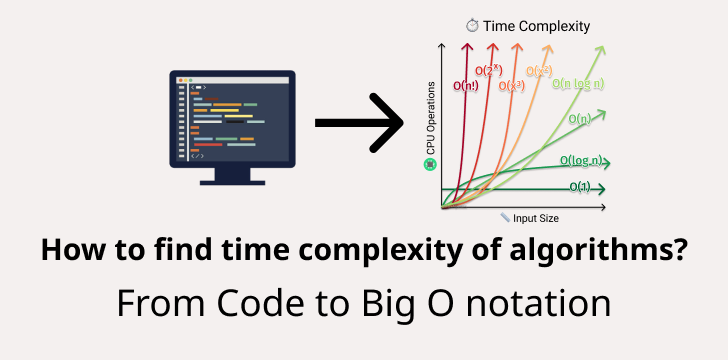
At the end of course, the student will be able to:
Implement algorithm to solve problems by iterative approach.
Implement algorithm to solve problems by divide and conquer approach
Implement algorithm to solve problems by Greedy algorithm approach.
Implement algorithm to solve problems by Dynamic programming, backtracking, branchand bound approach.
Implement algorithm to solve problems by branch and bound approach
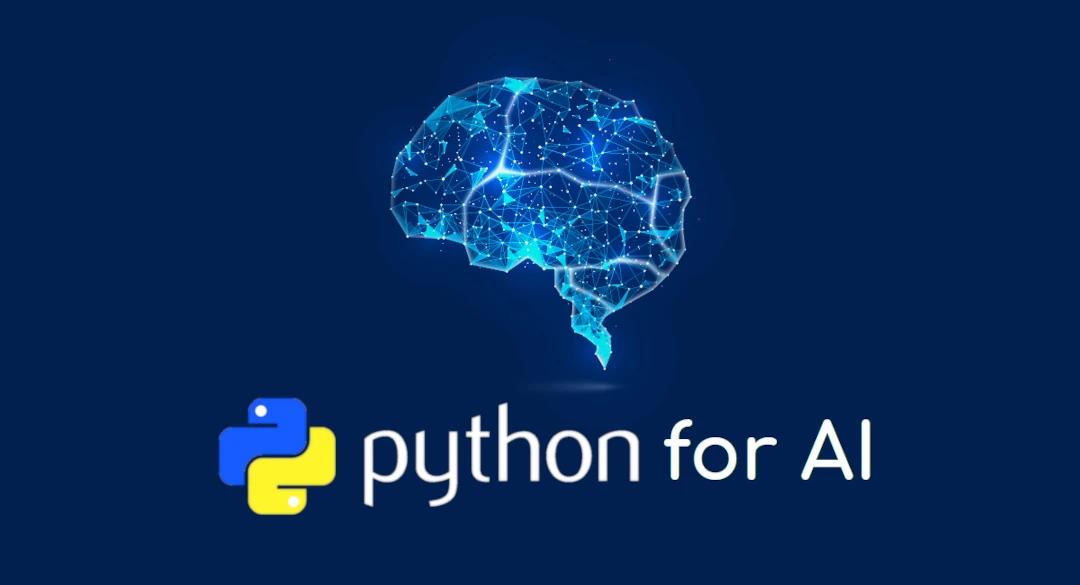
At the end of this practical course students will be able to :
- Use python to understand the concept of AI
- Implement Different AI Techniques
- Apply AI techniques in practical Life
- Understand Natural Language Tool Kit and apply if for various problems.
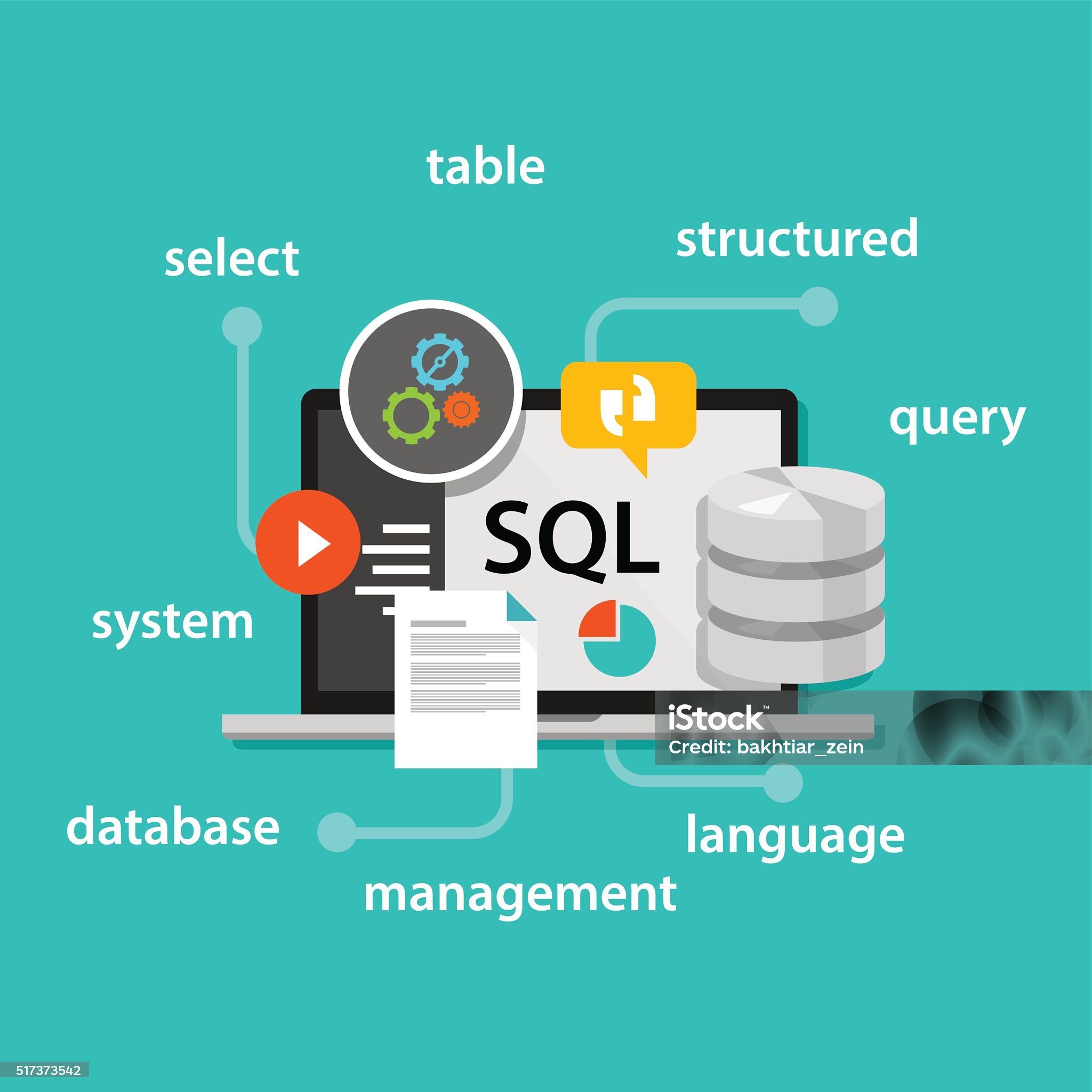
This practical course will enable students to
- Foundation knowledge in database concepts, technology and practice to groom students into well-informed database application developers.
- Strong practice in SQL programming through a variety of database problems.
- Develop database applications using front-end tools and back-end DBMS.

At the end of the course, learners should be able to
1. Identify and explore the basic features and modalities about Indian constitution.
2. Differentiate and relate the functioning of Indian parliamentary system at the center and state
level.
3. Differentiate different aspects of Indian Legal System and its related bodies.
4. Discover and apply different laws and regulations related to engineering practices.
5. Correlate role of engineers with different organizations and governance models

Upon successful completion of Cloud Computing course, students will be able to Learn the fundamentals of deployment in cloud computing . Learn algorithms involved in better implementing cloud-based systems . Will Be able to understand the requirement for the applications for cloud computing environments
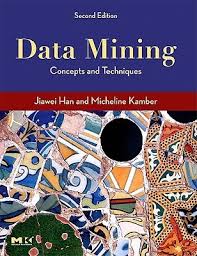
This course gives an introduction to methods and theory for development of data warehouses and data analysis using data mining. Data quality and methods and techniques for preprocessing of data. Modeling and design of data warehouses. Algorithms for classification, clustering and association rule analysis. Practical use of software for data analysis.

AI is an introductory course in Artificial Intelligence. The goal is to acquire
knowledge on intelligent systems and agents, formalization of knowledge, reasoning
with and without uncertainty, machine learning and applications at a basic level.
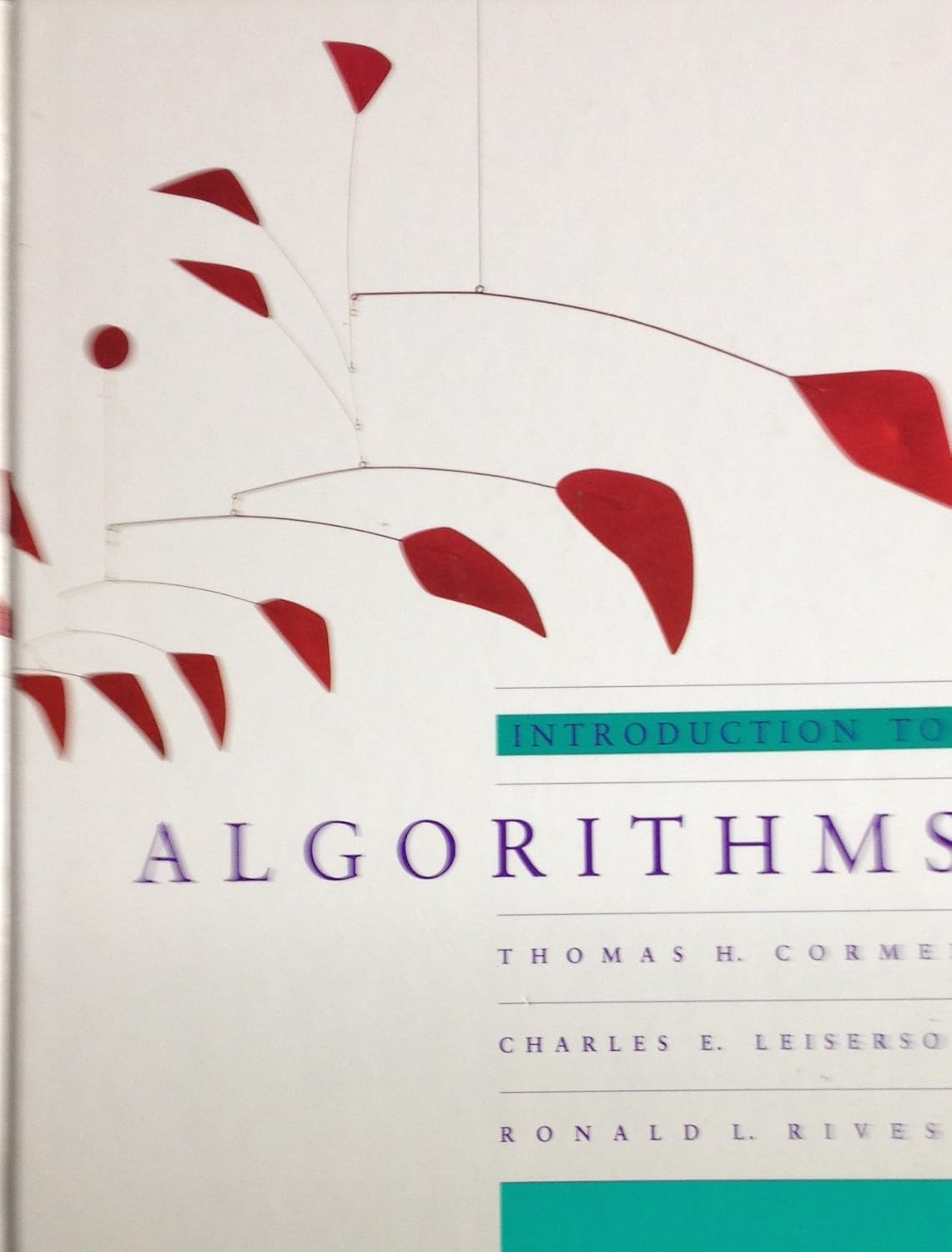
This is an intermediate algorithms course with an emphasis on teaching techniques for the design and analysis of efficient algorithms, emphasizing methods of application. Topics include divide-and-conquer, randomization, dynamic programming, greedy algorithms, incremental improvement, complexity.
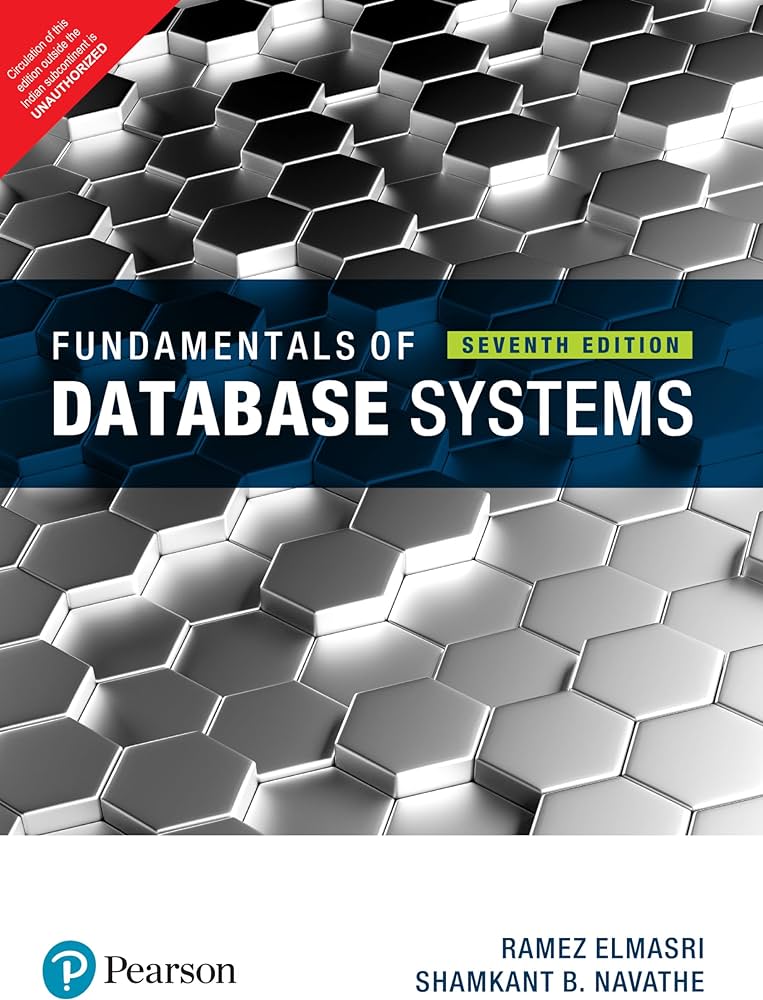
This course introduces the core principles and techniques required in the design and implementation of database systems. This course focus on relational database management systems, including database design theory: E-R modeling, data definition and manipulation languages, database security and administration.